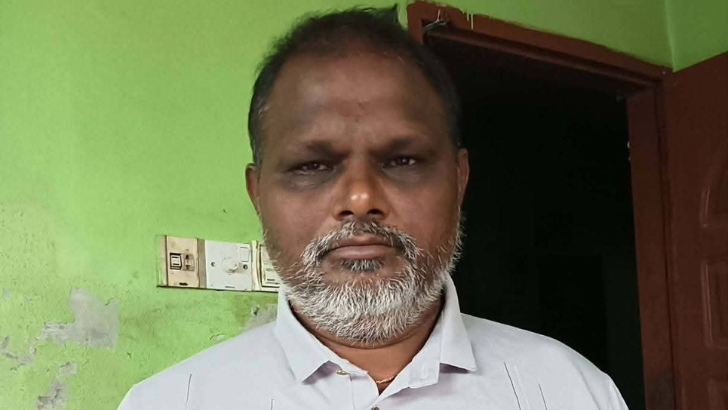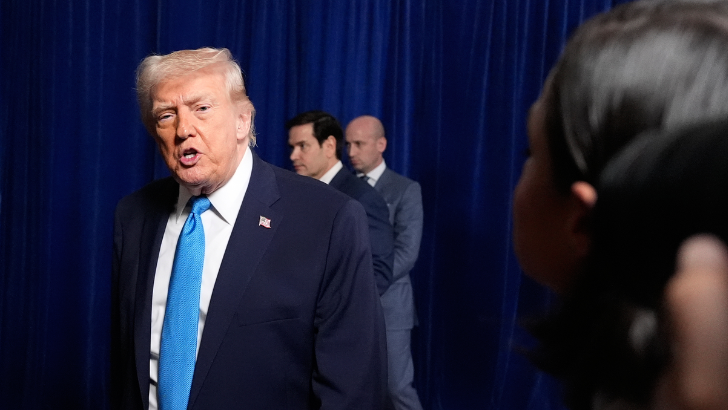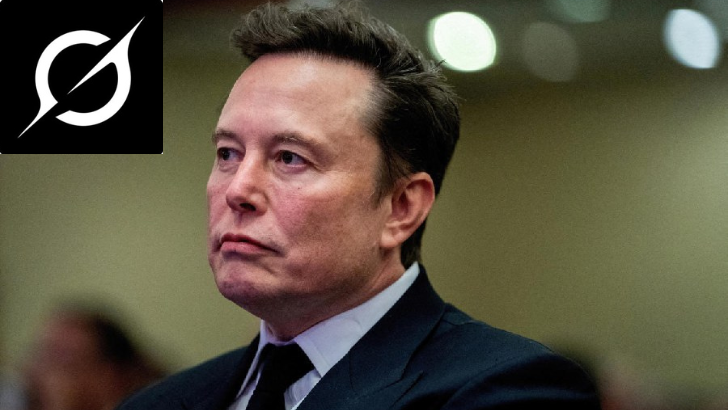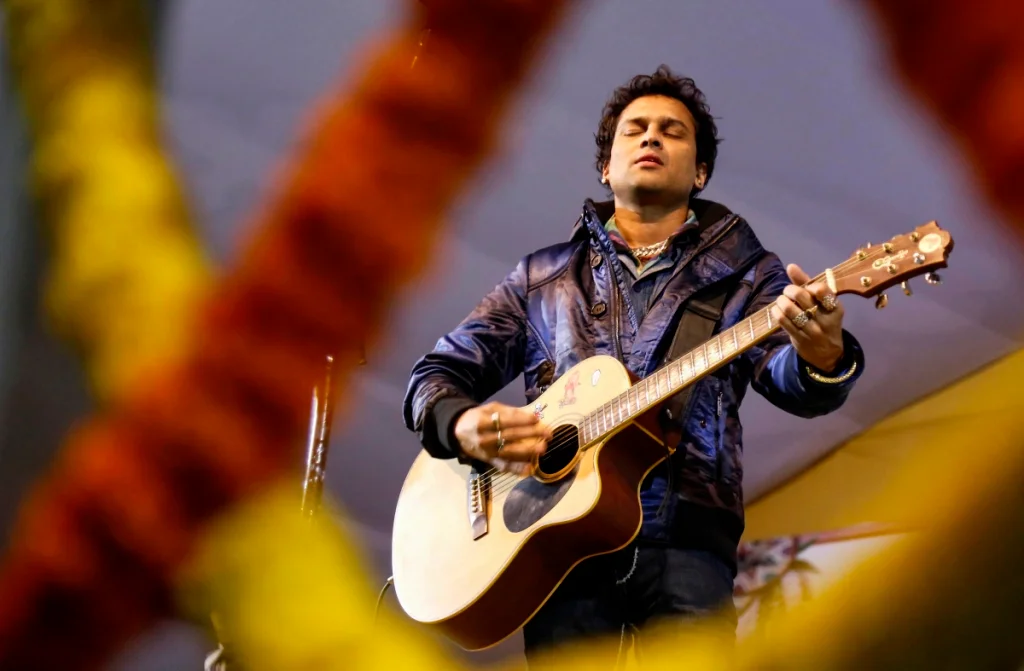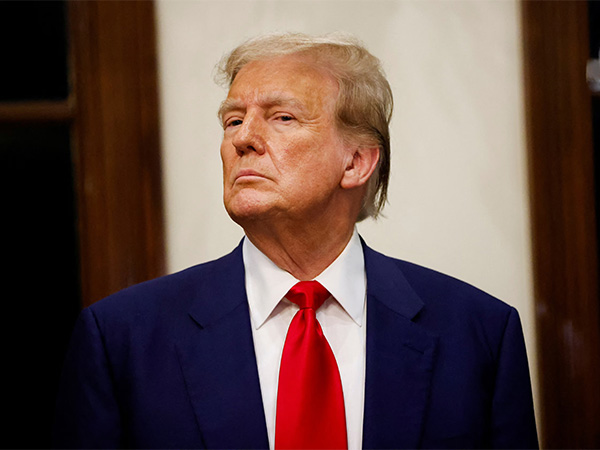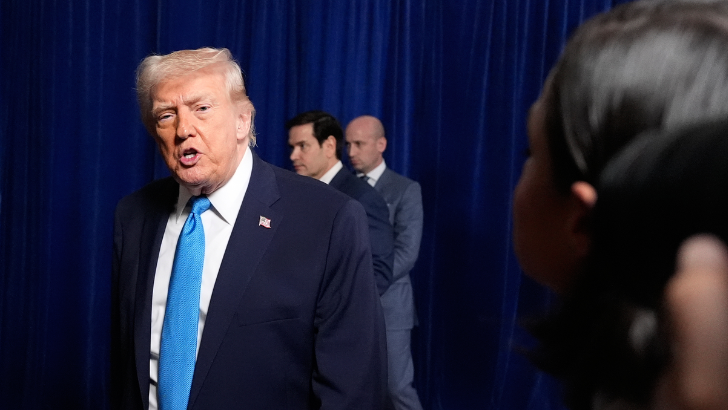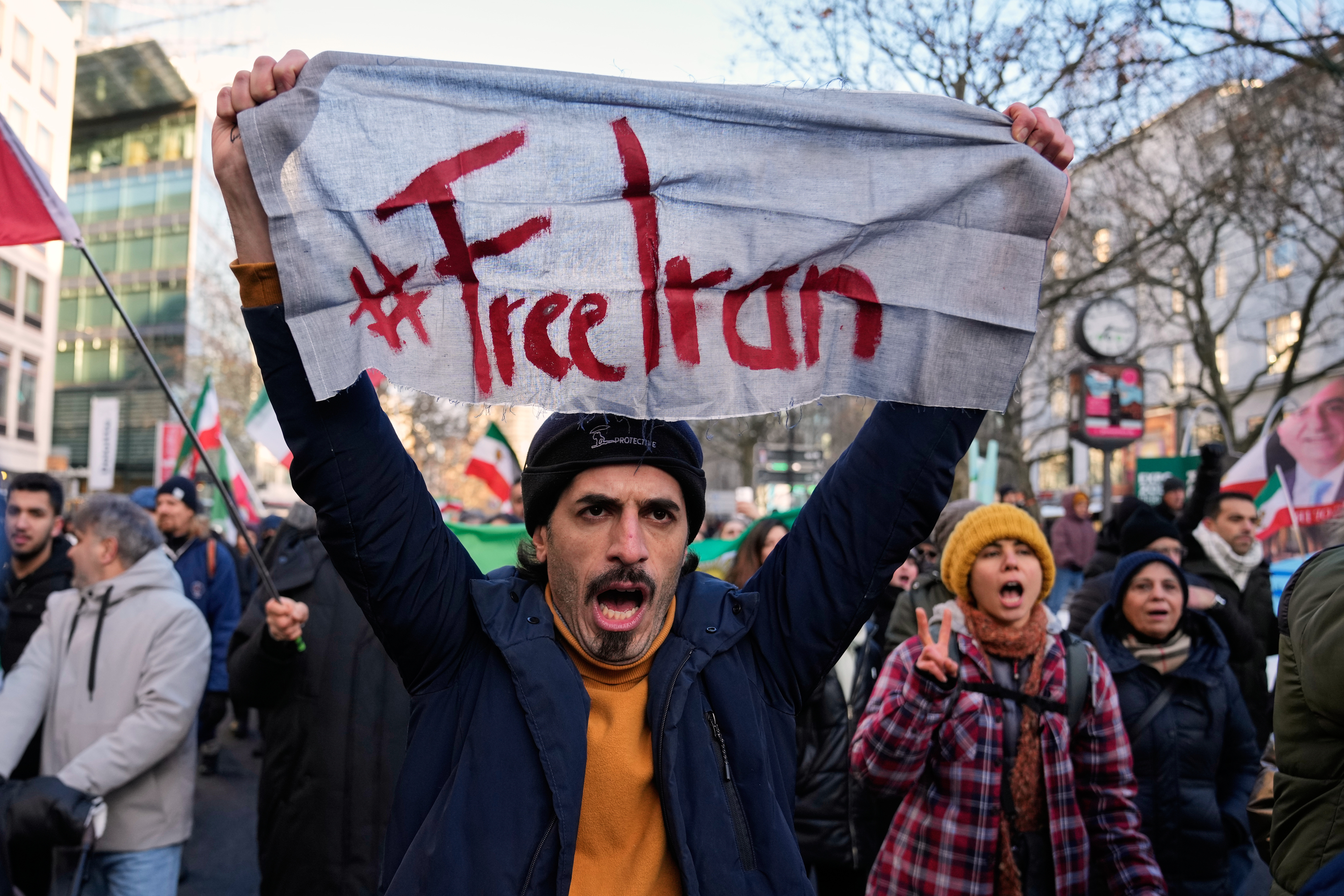Terrorism, extremism hurdle to regional cooperation: Jaishankar
In his address at a conclave of Shanghai Cooperation Organisation, S Jaishankar said activities across borders characterised by the “three evils” of terrorism, extremism and separatism are unlikely to encourage trade, energy flows and connectivity
PTI
-
External Affairs Minister S Jaishankar with Pakistan Prime Minister Shehbaz Sharif at 23rd meeting of SCO Council of Heads of Government, in Islamabad on Wednesday. PHOTO: PTI
Islamabad, 16 Oct
Delivering a thinly veiled message
to Pakistan from its soil, External Affairs Minister S Jaishankar on Wednesday
said activities across borders characterised by the “three evils” of terrorism,
extremism and separatism are unlikely to encourage trade, energy flows and
connectivity.
In his address at a conclave of
Shanghai Cooperation Organisation (SCO) chaired by Pakistan Prime Minister
Shehbaz Sharif, Jaishankar asserted that trade and connectivity initiatives
must recognise territorial integrity and sovereignty and it is essential to
have an “honest conversation” on the lack of trust.
Jaishankar spoke immediately after
Sharif's inaugural address at the 23rd meeting of the Council of the Heads of
Government (CHG) of the Member States of the SCO attended among others by
Chinese Premier Li Qiang.
His remarks came amid the lingering
military standoff between Indian and Chinese troops in eastern Ladakh and
concerns over China's increasing military muscle-flexing in the Indian Ocean
and other strategic waters.
"If activities across borders
are characterised by terrorism, extremism and separatism, they are hardly
likely to encourage trade, energy flows, connectivity and people-to-people
exchanges in parallel,” the external affairs minister said without naming
Pakistan.
Jaishankar arrived in Islamabad on
Tuesday, becoming the first Indian foreign minister to visit Pakistan in nearly
a decade. He led the Indian delegation at the SCO-CHG summit in the Pakistani
capital city.
Ahead of the deliberations, PM
Sharif shook hands with Jaishankar and warmly received him and other leaders of
the SCO member nations at the Jinnah Convention Centre, the venue of the
summit.
In his remarks, the external
affairs minister said cooperation must be based on mutual respect and sovereign
equality and that the SCO member nations can benefit immensely if the grouping
moves ahead collectively with mutual trust.
He, especially stressed on adhering
to SCO charter, highlighting its underlying essence of strengthening mutual
trust, friendship and good neighbourliness. “It should recognise territorial
integrity and sovereignty. It must be built on genuine partnerships, not
unilateral agendas. It cannot progress if we cherry-pick global practices,
especially of trade and transit,” he said, in remarks seen as an indirect
reference to China's assertive behaviour on several critical issues such as
trade and connectivity.
“But most of all, our endeavours
will progress only when our commitment to the Charter remains firm. It is
axiomatic that development and growth requires peace and stability. And as the
Charter spelt out, this means being firm and uncompromising in countering the
'three evils'.”
Jaishankar said there is a need to
introspect if "good neighbourliness" is missing somewhere and there
is a lack of trust. “If we fast-forward from the inception of the charter to
the situation today, these goals and these tasks are even more crucial. It is,
therefore, essential that we have an honest conversation,” he said.
“If trust is lacking or cooperation
inadequate, if friendship has fallen short and good neighbourliness is missing
somewhere, there are surely reasons to introspect and causes to address,” he
said. “Equally, it is only when we reaffirm our commitment most sincerely to
the Charter that we can fully realise the benefits of cooperation and
integration that it envisages,” he added.
Jaishankar said the SCO's objective
was to strengthen mutual trust, friendship and good neighbourliness. "It
is to develop multifaceted cooperation, especially of a regional nature. It is
to be a positive force in terms of balanced growth, integration and conflict
prevention,” he said.
“The Charter was equally clear what
the key challenges were. And these were primarily three, that the SCO was
committed to combating: one, terrorism; two, separatism; and three, extremism,”
he said.
Jaishankar also described the
challenge of debt as a serious concern. The external affairs minister, delving
into global issues, said the global institutions need to keep pace with the
changes and underlined the need for 'reformed multilateralism'.
He also emphasised the need for
comprehensive reform of the UN Security Council, both in the permanent and
non-permanent categories, to make the global body more representative,
inclusive, transparent and efficient. “The SCO must be in the lead of
advocating such change, not hold back on a matter of such importance,” he said.
Jaishankar also referred to various
global challenges. “We meet at a difficult time in world affairs. Two major
conflicts are underway, each with its own global repercussions. The Covid
pandemic has left many in the developing world deeply devastated,” he said. “Disruptions
of various kinds – ranging from extreme climate events to supply chain
uncertainties and financial volatility – are impacting growth and development,”
he said.
He also added that technology holds
great promise but raises a new host of concerns too.
Leave a Reply
Your email address will not be published. Required fields are marked *








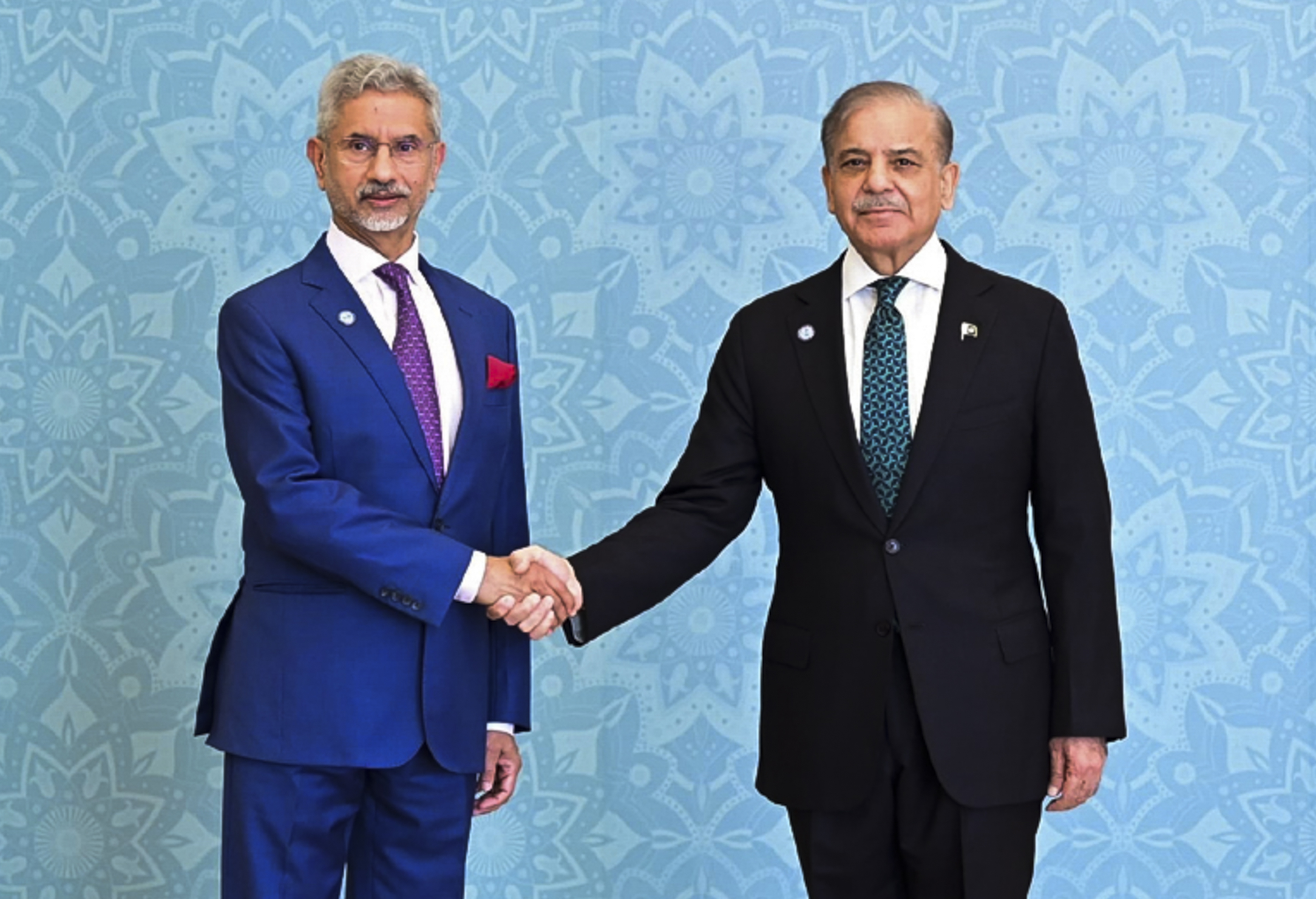

.png)
